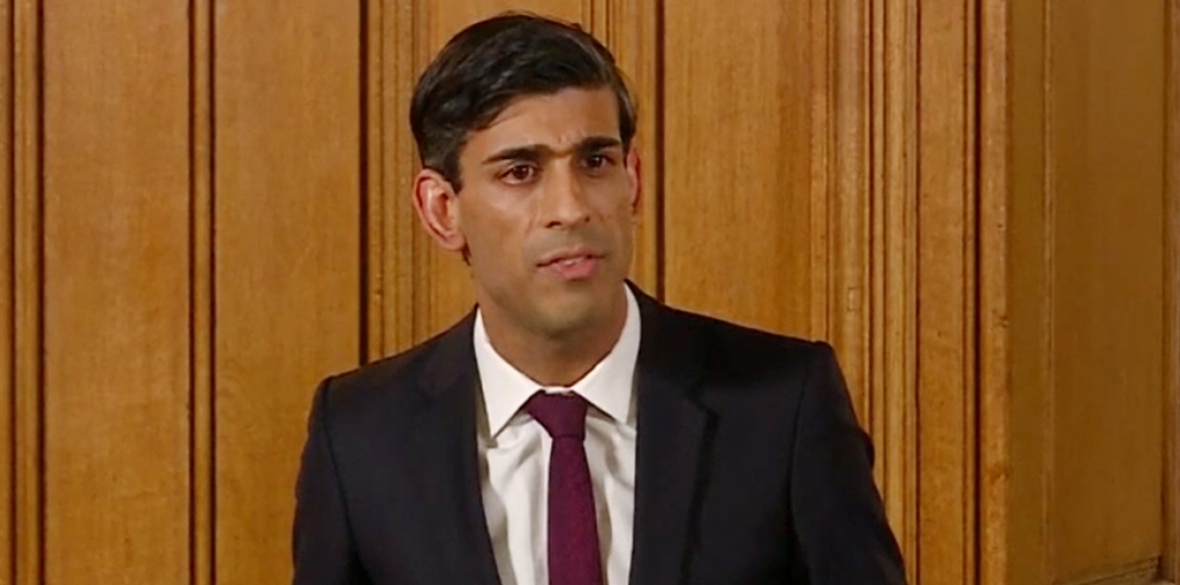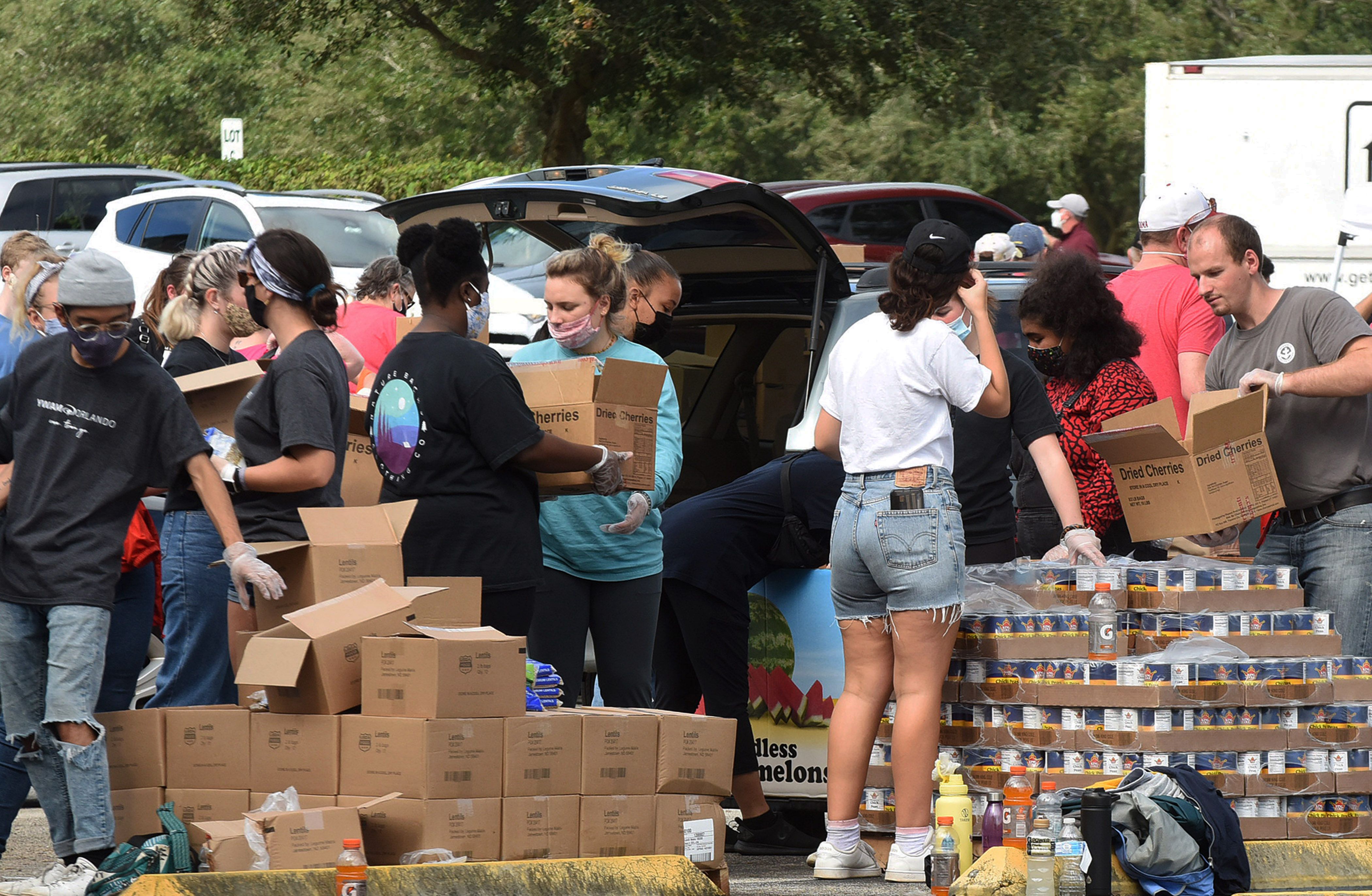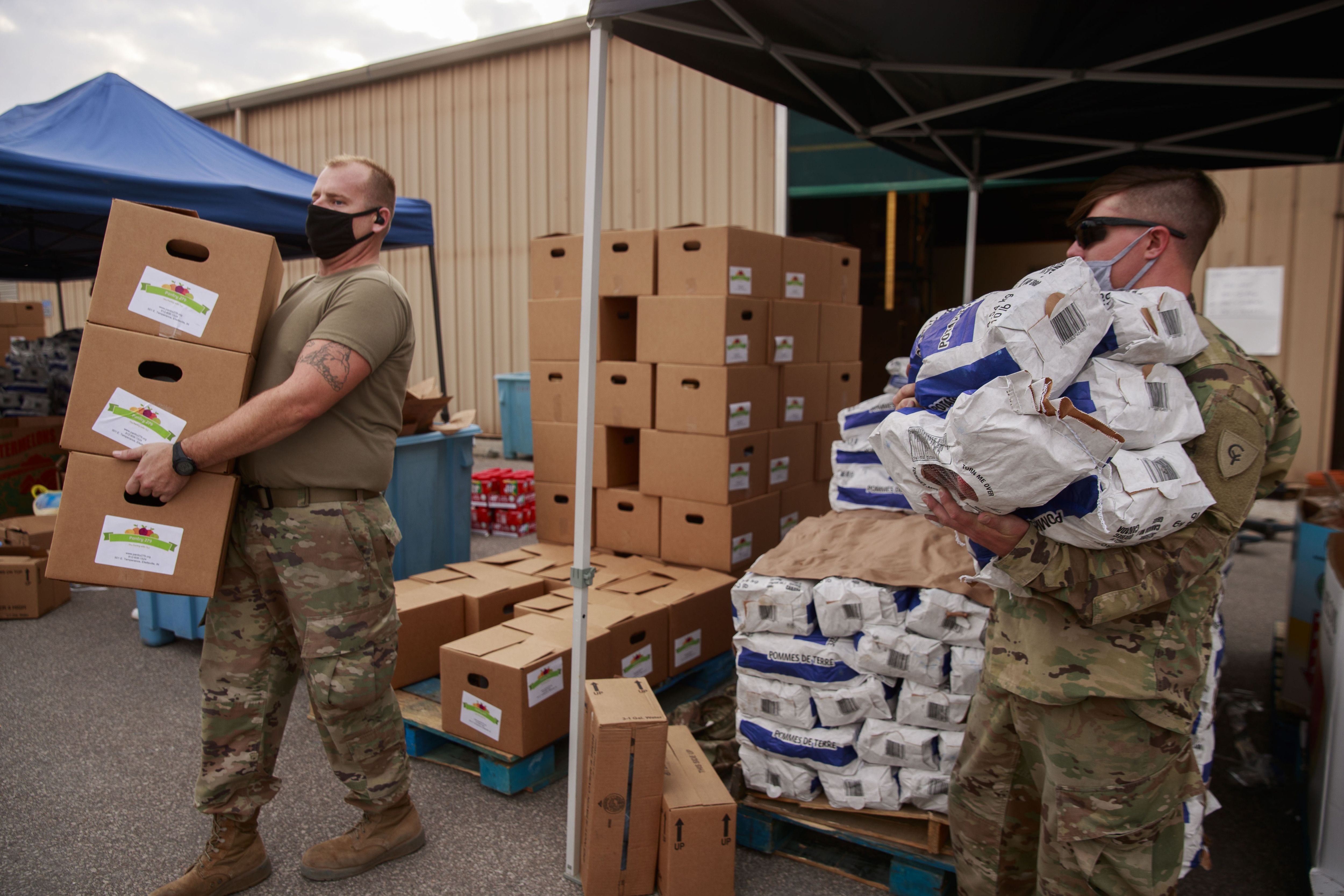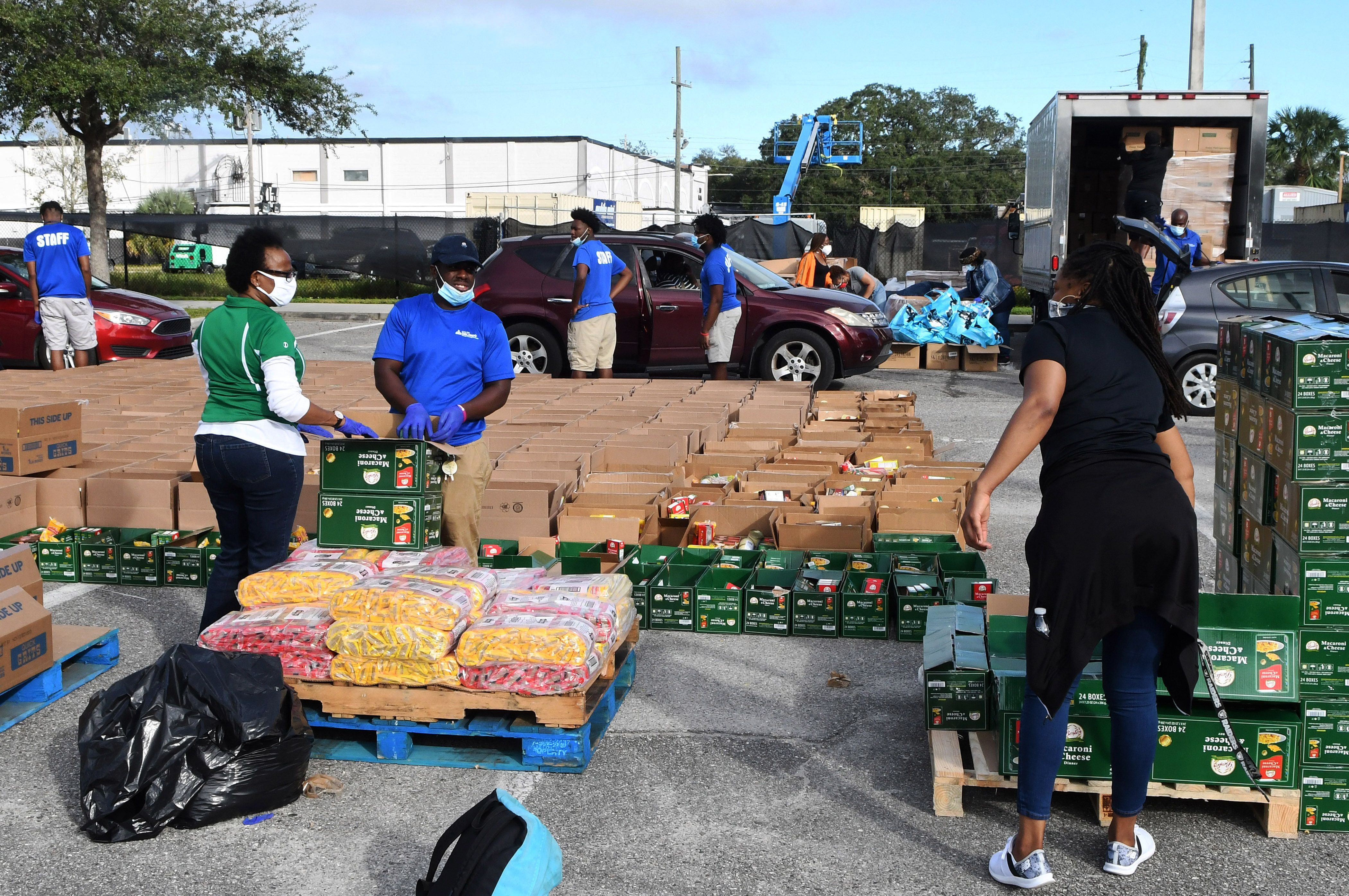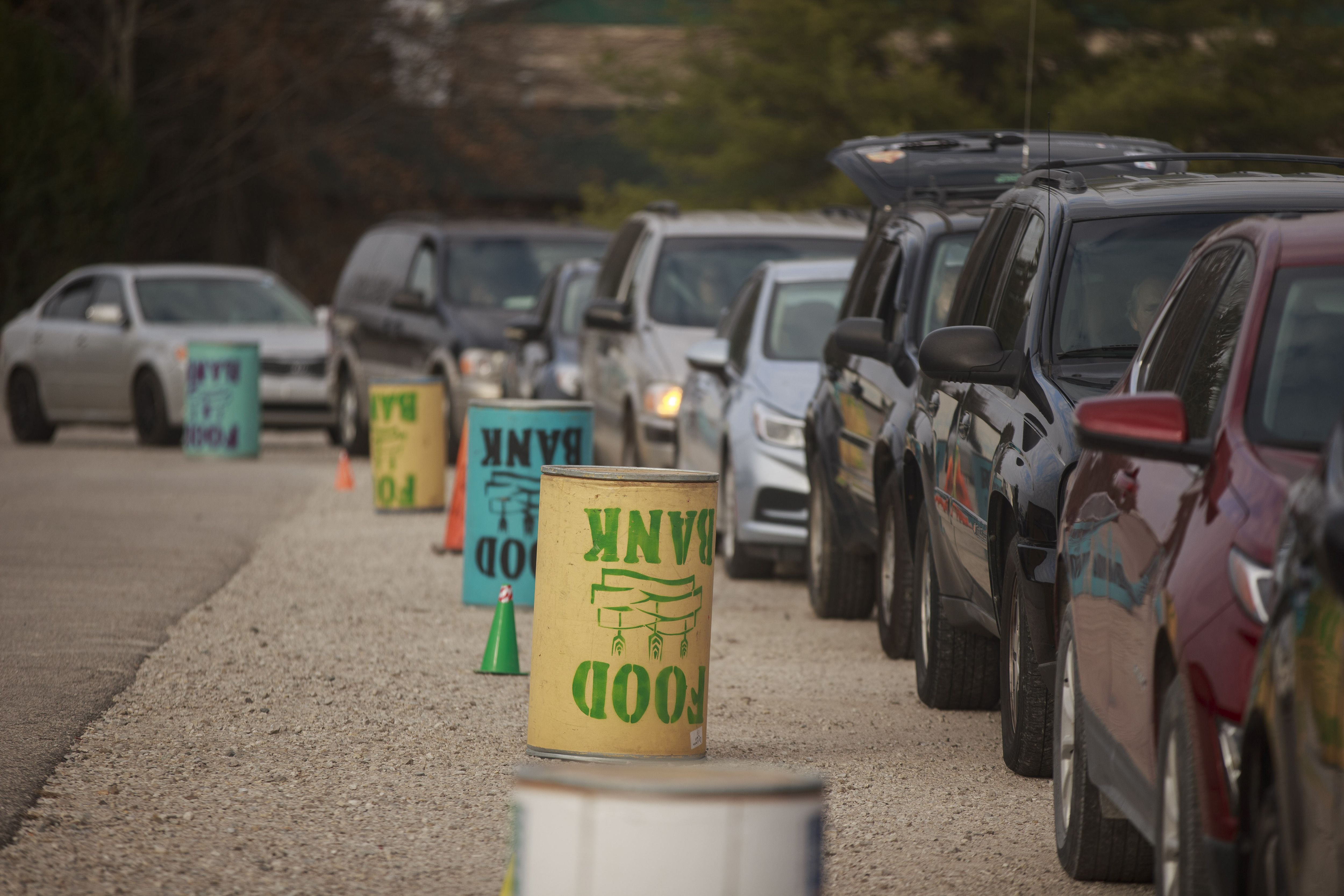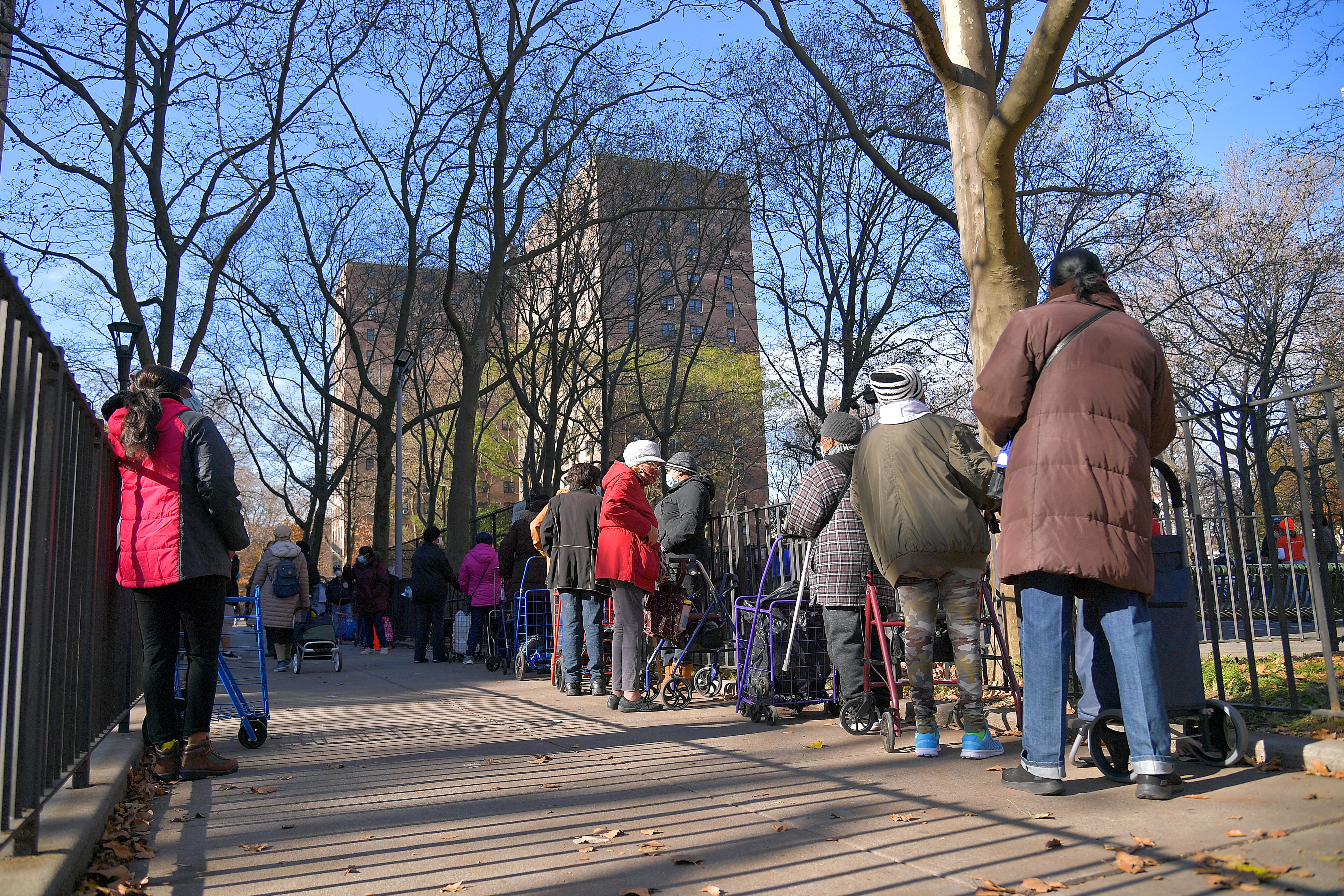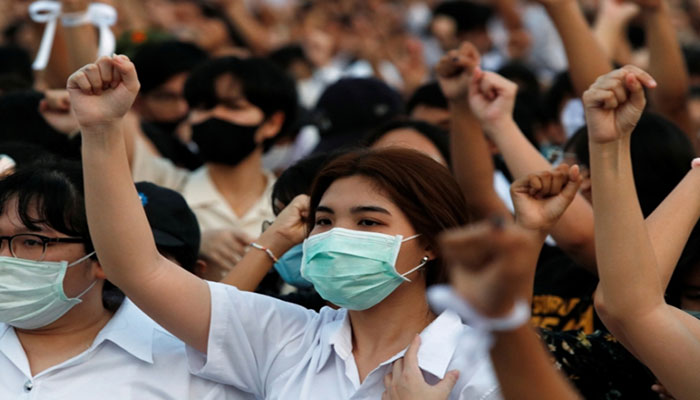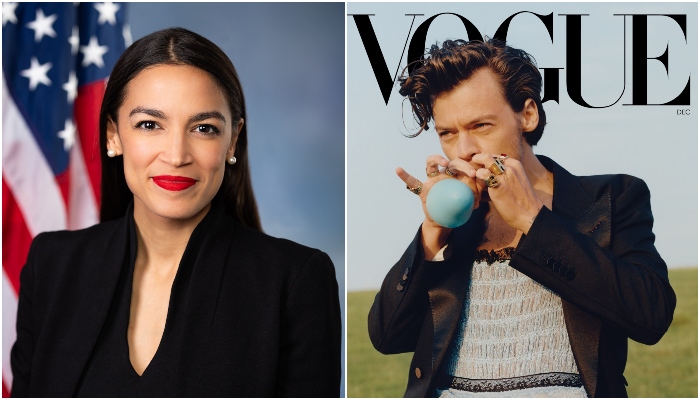Chancellor says plans will mean more money for health, education and police, as unions refuse to rule out strikes

Richard Partington, Peter Walker and Larry Elliott
Sun 22 Nov 2020 22.30 GMT
Rishi Sunak has rejected accusations that his planned public sector pay freeze amounts to a return of austerity and insisted that spending plans to be announced on Wednesday will result in more money for health, education and the police.
With trade unions demanding that the chancellor do a last-minute U-turn over his clearly signalled intention to clamp down on the state’s wage bill and refusing to rule out strikes, Sunak said there would be significant increases in spending on public services next year.
The Guardian has learned that Sunak’s plans include an additional £151m to tackle rough sleeping and prevent homelessness on top of the £103m that he announced in his March budget.
The extra cash to combat the UK’s homeless crisis – along with a reconfirmation of funding for 40 new hospitals, 20,000 additional police officers, the refurbishment of further education colleges and a 10-year school rebuilding programme – will be used by the chancellor to fend off criticism of the public sector wage restraint.
Sunak said on Sunday: “This has been a tough year for us all. But we won’t let it get in the way of delivering on our promises – the British people deserve outstanding public services, and we remain committed to delivering their priorities as we put our public services at the heart of our economic renewal.”
Also featuring in Wednesday’s package will be:
New forecasts showing the economy on course to shrink by more than 10% this year.
A public sector pay freeze for all workers outside the NHS.
An extra £3bn for the NHS to tackle a backlog in operations caused by the Covid-19 crisis.
Confirmation of funding for 50,000 more nurses and 50m additional GP appointments.
A cut in the UK aid budget from 0.7% to 0.5% of national income.
Plans for a new national infrastructure bank and a northern campus for the Treasury.
A warning from the chancellor that the unlimited spending to cope with the twin health and economic emergencies is coming to an end.
In a private letter to the chancellor seen by the Guardian, senior leaders from 18 of the country’s biggest unions warned pay controls during the health emergency would damage the economy, hurt frontline workers and cause a staffing crisis.
The union chiefs called instead for pay rises to be awarded to recognise the unique role played by public sector staff during the Covid outbreak.
The letter says a pay rise is a “matter of justice” for firefighters, teaching assistants, care workers, refuse collectors and other key public sector staff to reward them for their efforts during the crisis.
The letter was signed by the leaders of the UK’s three biggest unions – Unison, Unite and the GMB – as well as the NEU teachers’ union and representatives from prisons and healthcare.
Asked if about the possibility of going on strike over the issue, the head of the TUC federation of trade unions, Frances O’Grady, refused to rule it out.
She told Sky’s Sophy Ridge on Sunday: “I’m really conscious of the feeling out there that governments only seem to recognise the true value of labour when it’s withdrawn ... Nobody can rule anything out at the moment but what I am saying and asking for is that the government stands by key workers, respects the contribution they are continuing to make and recognises that this is absolutely the wrong time to be talking about pay cuts.”
Figures from the Centre for Policy Studies, the rightwing thinktank led by Robert Colvile, an author of the 2019 Conservative manifesto, suggest a three-year pay freeze could save a cumulative £23bn for the exchequer, and Sunak did nothing to quash speculation that action was imminent.
The chancellor told Ridge: “I can’t comment on future pay policy in advance of the spending review, but what I would say is, when we launched the spending review, I did say to departments that when we think about settlements it would be entirely reasonable to think about those in the context of the wider economic climate. That’s a reasonable thing to do.
“Secondly, I think it would be fair to also think about what’s happening with wages, with jobs, with hours across the economy, when we think about what the right thing to do in the public sector is.”
Sunak denied this amounted to a return of austerity, which the government has said is over.
“You will not see austerity next week,” he said. “What you will see is an increase in the government’s spending on day-to-day public services, quite a significant one, coming on the increase we had last year. So there’s absolutely no way in which anyone can say that’s austerity.”
Anneliese Dodds, the shadow chancellor, will say in a speech on Monday : “The British people shouldn’t have to pay the price for a government that doesn’t know the value of public money, splurging it on outsourced contracts to Tory-linked firms that don’t deliver.”
In a speech to Reuters, Dodds will add: “The chancellor’s irresponsible choices and unacceptable delays are damaging the economy. That’s why we’re in the grip of a jobs crisis – and it’s got Rishi Sunak’s name all over it.”
According to research by union GMB public-sector employees outnumber new MPs’ majorities in 43 out of the 54 seats that the Conservatives won from Labour last year.
November 23, 2020

Chancellor Rishi Sunak has been warned against imposing a public sector pay freeze on millions of workers to cover for his “irresponsible choices and unacceptable delays” in a move that could jeopardise the UK’s economic recovery.
His Labour shadow Anneliese Dodds is expected to lay the blame for a coronavirus “jobs crisis” squarely with Mr Sunak as she urges him not to go ahead with a widely-expected cap on the salaries of millions of workers.
The shadow chancellor will use a speech on Monday to call for Mr Sunak to use his spending review this week to treat frontline workers “decently, rather than grinding them down”.
Pay freeze
Mr Sunak hinted on Sunday that he could impose the freeze by arguing it would be “entirely reasonable” to consider pay policy in an economy ravaged by the coronavirus pandemic, though it is said to exempt NHS nurses and doctors.
He is due to announce a multibillion-pound plan to invest in long-term infrastructure projects on Wednesday and fund the fight against the coronavirus pandemic.
And he is understood to be preparing to announce £1.25 billion of new funding for prisons, extra money for police recruitment and that the Government’s 10-year schools programme will approve 50 new schools a year.
The Treasury also said nearly £220 million of funding will also go towards the post-Brexit points-based immigration system.
“Irresponsible choices”
The shadow chancellor is expected to say in a speech to Reuters that a freeze for frontline workers including firefighters, hospital porters and teaching assistants will “make them worried about making ends meet ahead of Christmas”.
The result, Ms Dodds will argue, is “they’ll cut back on spending and our economy won’t recover as quickly”.
“And they shouldn’t have to pay for a Chancellor who’s had to come back week in week out to change his plans, blocked a circuit-breaker leading to a longer, more painful lockdown and still hasn’t acted to fix Britain’s broken safety net,” she is expected to say.
“The Chancellor’s irresponsible choices and unacceptable delays are damaging the economy. That’s why we’re in the grip of a jobs crisis – and it’s got Rishi Sunak’s name all over it.”
“An outrageous attack on workers who have sacrificed the most”
According to research by union GMB public-sector employees outnumber new MPs’ majorities in 43 out of the 54 seats that the Conservatives won from Labour last year.
Despite the loss of almost one million public-sector jobs since 2010, on average public-sector workers outstrip the incumbent MP’s majority by 3,400 in seats won by the Conservatives from Labour in the Midlands and the North.
National officer Rehana Azam said: “A new pay freeze would be an outrageous attack on some of the workers who sacrificed the most during the Covid pandemic.
“Public-sector workers’ wages have never recovered from a decade of pay austerity, which forced thousands of key workers to depend on debt and food banks.
“Eight months ago, Boris Johnson and Rishi Sunak promised to put their ‘arms around every single worker’ – now they are coming for the wages of teaching assistants who earn under £14,000 a year and are already finding it difficult to make ends meet.
“The politics of pay austerity has already been rejected by the electorate once before. Public-sector workers are already underpaid and exhausted, and recruitment and retention problems will inevitably be made worse by a pay freeze.
“GMB will not rest in campaigning for pay justice for all public service workers and if Conservative MPs insist on pushing this cruel and counterproductive measure through then it will not be forgotten at the next election.”
“Shameful”
Unite assistant general secretary Gail Cartmail said: “It is clear that any public-sector pay freeze will bear down hardest on female employees, who make up the majority of the public-sector workforce, such as nurses, teaching assistants and those who care for our most vulnerable.
“Already women have been badly affected by the pandemic as they juggle childcare responsibilities, their work commitments and worries about elderly relatives, and now the chancellor Rishi Sunak appears to be going to make their financial situation a lot worse, which is shameful.”
